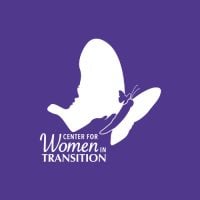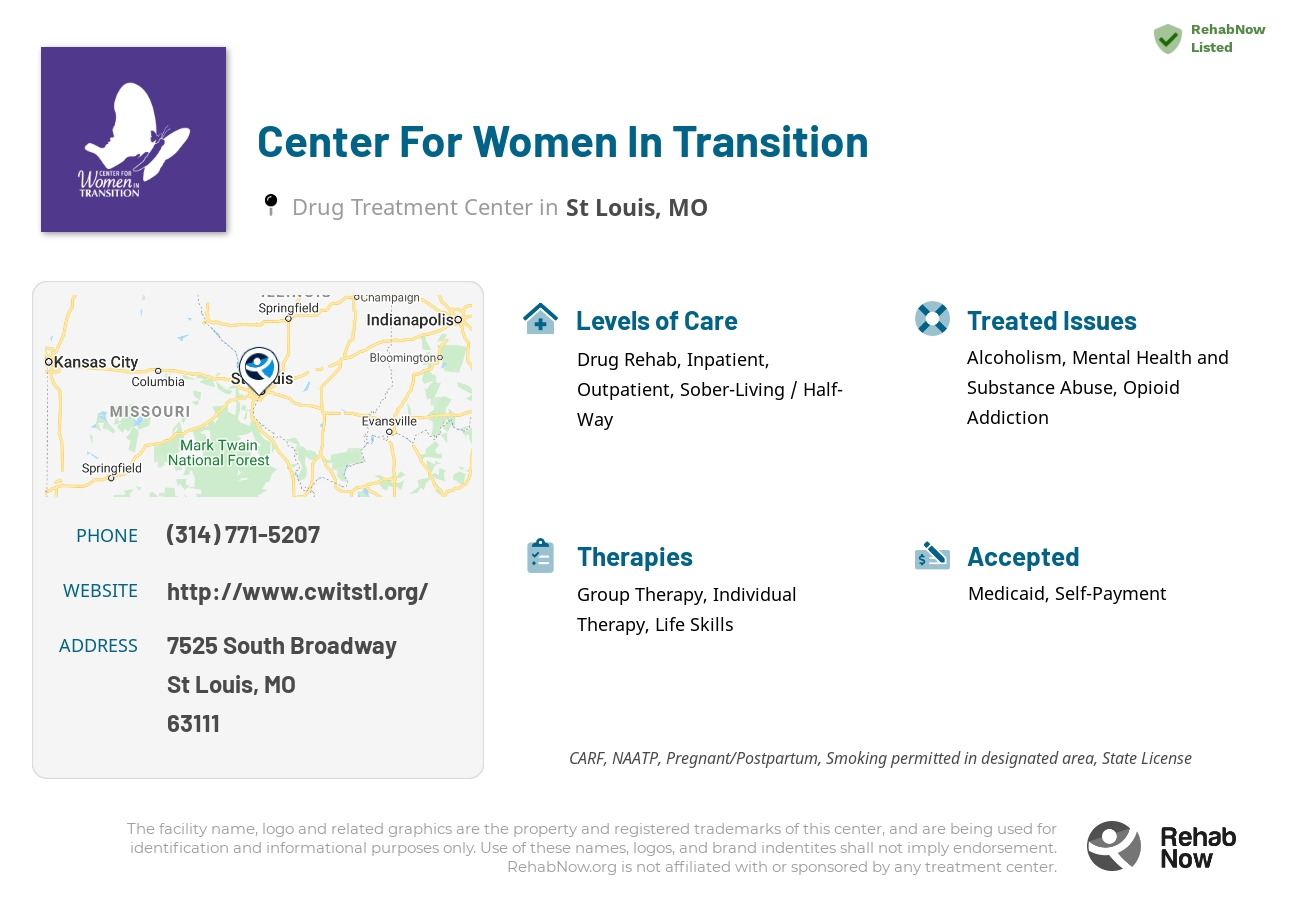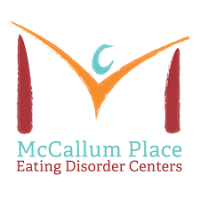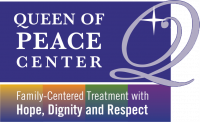
Center For Women In Transition
Drug Rehab Center in St Louis, Missouri
- Opioid Addiction
- Dual Diagnosis
- Drug Addiction
- Alcoholism
The Center For Women In Transition in St. Louis offers a range of addiction recovery and behavioral health services to women, regardless of their circumstances, utilizing evidence-based practices and a Recovery Oriented System of Care.
About Center For Women In Transition in Missouri
Center for Women in Transition (CWIT) is a non-profit organization located in St. Louis, Missouri. The organization focuses on improving the lives of women facing unique and complex challenges. CWIT provides an array of services to help women in the areas of addiction and substance abuse, criminal justice, and mental health. Their dedicated team of professionals offers a unique blend of specialized and general services including individual and group therapy, case management, and community support services.
At CWIT, women facing addiction and substance abuse issues can receive individualized care for overcoming their struggles. Their services include evidence-based treatment approaches such as Cognitive Behavioral Therapy (CBT), which helps clients to identify and replace negative behaviors with positive ones. CWIT is also certified in Medication Assisted Treatment (MAT) for those with opioid addiction. They are accredited by CARF International for their substance abuse treatment services and licensed by the Missouri Department of Mental Health to provide addiction services. CWIT’s aim is to support and empower women on their journey to a life free of substance abuse.
Genders
Ages
Modality
Additional
Conditions and Issues Treated
Many people who struggle with opioid addiction need to attend specific programs like methadone , Suboxone or Vivitrol clinics.
These types of programs will provide the patient with legal, prescription medications that can help them overcome their cravings for illegal opioids like heroin or fentanyl . If the patient has a chronic condition like Hepatitis C, they must undergo treatment before they can begin taking these medications.
Levels of Care Offered
This center offers a variety of custom treatment tailored to individual recovery. Currently available are Drug Rehab, Inpatient, Outpatient, Residential, Sober-Living / Half-Way, with additional therapies available as listed below.
Inpatient treatment is an intensive program that takes place when a patient checks into a rehabilitation facility. The treatment includes detoxification and counseling sessions, which are round the clock. Outpatient treatments are also available, but inpatient care is advised as the first step of rehabilitation.
Intensive rehab ensures the patient stays in a substance-free atmosphere, improving treatment success rates. The patient participates in group therapy for motivation from other patients who have overcome addiction. Family members are also involved in providing emotional support throughout the program.
An outpatient treatment program is set up to help with alcohol or drug addiction, or a co-occurring disorder. The patient must attend the Missouri facility for their therapy and other programs but are able to return home each night. The frequency of mandatory attendance decreases after much of Center For Women In Transition‘s program is complete.
Sober Living Homes are an option for those who have completed a treatment program within the past several months. However, it isn’t advisable to use this as a permanent living arrangement because it can lead to a relapse .
The goal of a sober living home is to provide a supportive environment for recovering addicts so they don’t need to return to their previous lifestyles. The homes will not accept residents who are still using drugs or alcohol, and those living in the house must follow a set of rules dictating how they should behave to avoid relapsing.
Residential treatment programs are those that offer housing and meals in addition to substance abuse treatment. Rehab facilities that offer residential treatment allow patients to focus solely on recovery, in an environment totally separate from their lives. Some rehab centers specialize in short-term residential treatment (a few days to a week or two), while others solely provide treatment on a long-term basis (several weeks to months). Some offer both, and tailor treatment to the patient’s individual requirements.
Therapies & Programs
Individual Therapy is a critical component of addiction recovery. Therapists work with patients to identify the root of their addiction and figure out how to better handle the issues that led to them using drugs. Individual Therapy is the one-on-one session where people meet with their therapist. Individual therapy provides a safe space for people to open up and discuss personal and sensitive topics which they may not feel comfortable discussing in a group setting.
Group Therapy is utilized by drug treatment centers like Center For Women In Transition to provide the recovering drug addict with a platform to talk about their feelings and experiences. It also provides for an opportunity to learn from other addicts who have successfully overcome their addiction.
Group Therapy is employed in lectures, seminars, or discussion groups (the latter two are typically conducted as “therapy groups”). It is recommended that all group members be recovering addicts for this type of therapy to work (though it does not exclude others with lived experience).
Training in improved life skills helps those recovering from addiction feel more capable of self-care. Center For Women In Transition are daily skills that give the person the tools they need to survive.
The therapy covers practical activities like cooking, job hunting, social interaction, and money management, helping to fill in the knowledge gaps caused by addiction.
These life skills help the person self-manage their recovery and stay on track. It also reduces relapse risk as they gain confidence in their day-to-day abilities.
Payment Options Accepted
For specific insurance or payment methods please contact us.
Additional Details
Specifics, location, and helpful extra information.
St Louis, Missouri 63111 Phone Number(314) 771-5207 Meta DetailsUpdated November 25, 2023
Staff Verified
Center For Women In Transition Patient Reviews
There are no reviews yet. Be the first one to write one.
St Louis, Missouri Addiction Information
Opioid-related overdoses in Missouri have been increasing steadily for the past three decades. In 2018, more than 1,130 people in Missouri died from opioid abuse. Methamphetamines and marijuana abuse have surpassed opioid abuse in Missouri. Missouri is the number 1 methamphetamine manufacturer in the country with more than 27 meth labs per 100,000 people.
Unfortunately, the drug addiction problem in St Louis, Missouri is quite bad. According to recent statistics, there are about 15,000 people in St Louis who are addicted to drugs. Additionally, there are about 2,000 people who die each year as a result of drug abuse. Most treatment programs in St Louis will offer a combination of therapies, such as cognitive-behavioral therapy, motivational interviewing, and family counseling.
Treatment in Nearby Cities
- Owensville, MO (68.8 mi.)
- Odessa, MO (201.7 mi.)
- Gainesville, MO (179.6 mi.)
- Harrisonville, MO (221.2 mi.)
- Nixa, MO (195.9 mi.)
Centers near Center For Women In Transition



The facility name, logo and brand are the property and registered trademarks of Center For Women In Transition, and are being used for identification and informational purposes only. Use of these names, logos and brands shall not imply endorsement. RehabNow.org is not affiliated with or sponsored by Center For Women In Transition.






